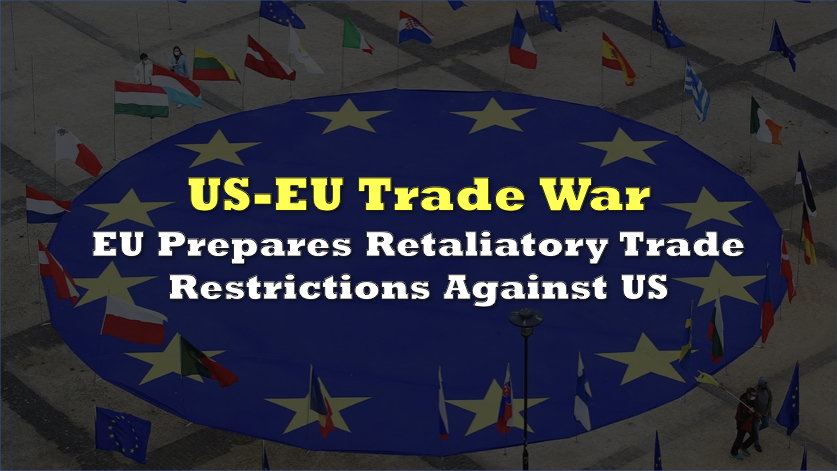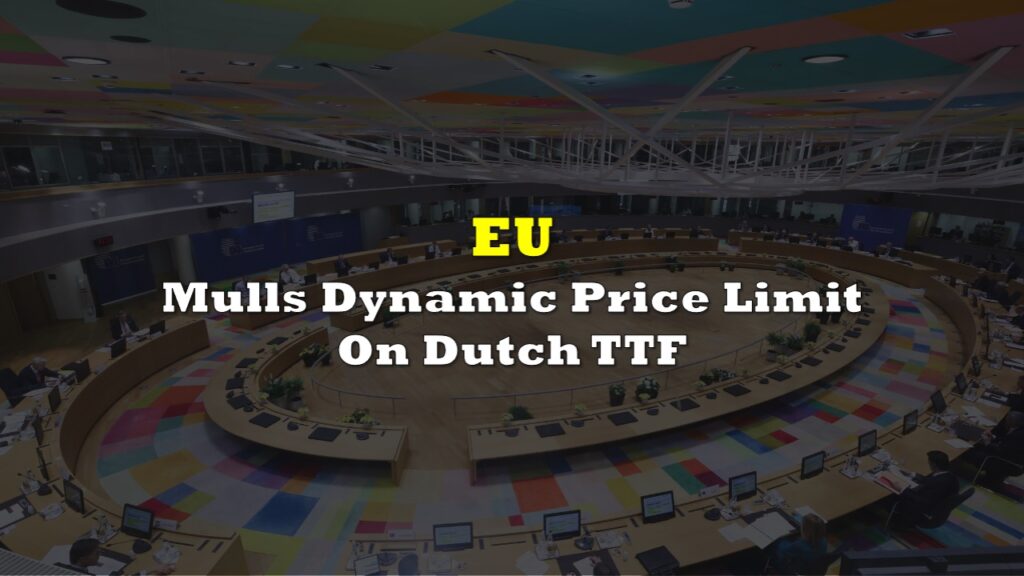Iceland’s political landscape has shifted significantly with the formation of a new government under Prime Minister Kristrún Frostadóttir, leader of the Social Democratic Alliance. This coalition, which includes the centrist People’s Party and the pro-European Reform Party, has announced plans to hold a referendum on European Union membership by 2027.
The snap elections on November 30, 2024, resulted in the Social Democratic Alliance becoming the largest party. At 36, Frostadóttir is set to become Iceland’s youngest prime minister. Notably, this marks the first time in Iceland’s history that both the prime minister and president are women, with Halla Tómasdóttir serving as president.
The coalition’s leadership is entirely female, with Þorgerður Katrín Gunnarsdóttir of the Reform Party appointed as Foreign Minister and Inga Sæland of the People’s Party taking on the role of Minister for Welfare and Housing.
EU Membership
A central component of the new government’s agenda is to “formulate a parliamentary resolution to put the question of EU membership to a referendum,” aiming for this to occur no later than 2027. Foreign Minister Gunnarsdóttir emphasized the importance of this initiative, stating, “We agreed that a motion in parliament be agreed upon, stating that we will have a referendum on the continuation of Iceland’s European Union accession talks and that this referendum be held no later than 2027.”
Additionally, the government plans to establish an independent expert panel to assess the pros and cons of retaining the Icelandic krona versus adopting the euro.
Iceland’s relationship with the EU has been complex. The country applied for EU membership in 2009 following a severe financial crisis but suspended negotiations in 2013. The new government’s initiative to revisit EU membership reflects a significant policy shift, influenced by economic challenges and changing public sentiment.
BREAKING:
— Visegrád 24 (@visegrad24) December 24, 2024
Iceland’s new pro-EU government announces it plans to hold a referendum to join the EU in 2027
Iceland could become the 28th EU member state.
🇮🇸🇪🇺 pic.twitter.com/BleQO8Oa90
The coalition government has prioritized addressing economic issues, particularly high inflation and interest rates. Plans include reducing the number of ministries to cut administrative costs and implementing fiscal policies aimed at economic stabilization.
Inga Sæland, the incoming Minister for Welfare and Housing, has highlighted the government’s commitment to social issues, stating, “Big steps towards eradicating poverty will be taken. This is something very dear to all of us. We all know that poverty is the shame of this nation and this government will take huge steps towards its eradication.”
Public opinion in Iceland regarding EU membership has evolved. Recent polls indicate that approximately 45% of voters favor joining the EU, with 35% opposed and the remainder undecided. This marks a shift from previous years, where support for EU membership was notably lower.
If Iceland successfully joins the European Union by 2027, it will become the EU’s 28th member state, marking a significant expansion of the bloc. Iceland’s membership would bring unique contributions to the EU, including its strong record in renewable energy development, a highly educated population, and an advanced fishing industry that could bolster the EU’s sustainable fisheries policies. Beyond its economic and environmental expertise, Iceland’s strategic location in the North Atlantic could enhance the EU’s geopolitical reach in the Arctic region, an area of growing international interest.
While Iceland revisits its EU ambitions, several other nations are in the process of applying for membership. Countries such as Albania, Bosnia and Herzegovina, Georgia, North Macedonia, Moldova, Montenegro, Serbia, and Ukraine are officially recognized as candidates, while Kosovo is awaiting formal candidate status. However, some European countries remain outside the EU by choice or circumstance.
Notably, Switzerland have opted for close economic and political ties with the EU without formal membership, while the United Kingdom famously exited the union in 2020. Norway, Iceland, and Liechtenstein are part of the European Economic Area, enjoying close ties with the EU without being members.
Information for this story was found via the sources and companies mentioned. The author has no securities or affiliations related to the organizations discussed. Not a recommendation to buy or sell. Always do additional research and consult a professional before purchasing a security. The author holds no licenses.









